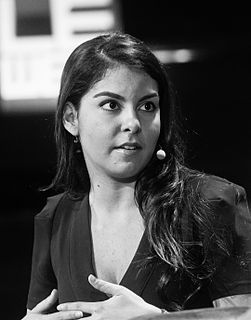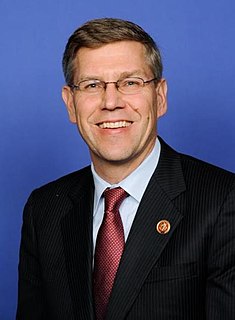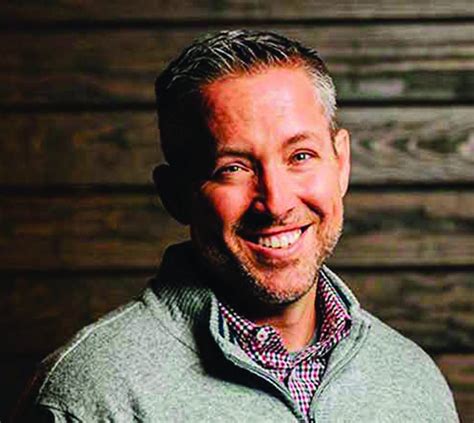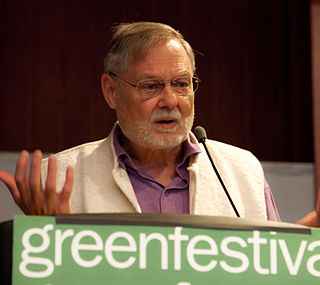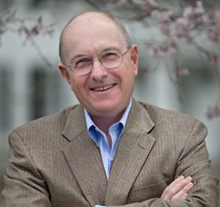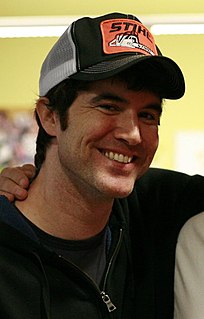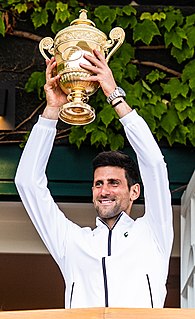A Quote by Caroline Ghosn
We work more than we do anything else in our lives, but the average person only interacts with four to five colleagues. Outside of that, they don't build that many relationships.
Related Quotes
The gospel has done its work in us when we crave God more than we crave everything else in life - more than money, romance, family, health, fame - and when seeing His kingdom advance in the lives of others gives us more joy than anything we could own. When we see Jesus as greater than anything the world can offer, we'll gladly let everything else go to possess Him.
To live more simply is to unburden our lives - to live more lightly, cleanly, aerodynamically. It is to establish a more direct, unpretentious and unencumbered relationship with all aspects of our lives: the things that we consume, the work that we do, our relationships with others, our connections with nature and the cosmos, and more.
Loyalty is dead, the experts proclaim, and the statistics seem to bear them out. On average, U.S. corporations now lose half their customers in five years, half their employees in four, and half their investors in less than one. We seem to face a future in which the only business relationships will be opportunistic transactions between virtual strangers.
The Zen Master warns: 'If you meet the Buddha on the road, kill him!' This admonition points up that no meaning that comes from outside of ourselves is real. The Buddhahood of each of us has already been obtained. We need only recognize it. Philosophy, religion, patriotism, all are empty idols. The only meaning in our lives is what we each bring to them. Killing the Buddha on the road means destroying the hope that anything outside of ourselves can be out master. No one is any bigger than anyone else. There are no mothers or fathers for grown-ups, only sisters and brothers.
The average person's short-term memory can hold only five to seven bits of data at any one moment. If you put more items in, others fall out. The older you are, the more you have crammed into those memory circuits. Twenty-five-year-olds can remember things because they still have empty space. Some of us take our children to the supermarket in the hope they will remember why we are there.
We have the heaviest concentration of lawyers on Earth -- one for every five-hundred Americans; three times as many as are in England, four times as many as are in West Germany, twenty-one times as many as there are in Japan. We have more litigation, but I am not sure that we have more justice. No resources of talent and training in our own society, even including the medical care, is more wastefully or unfairly distributed than legal skills. Ninety percent of our lawyers serve 10 percent of our people. We are over-lawyered and under-represented.
